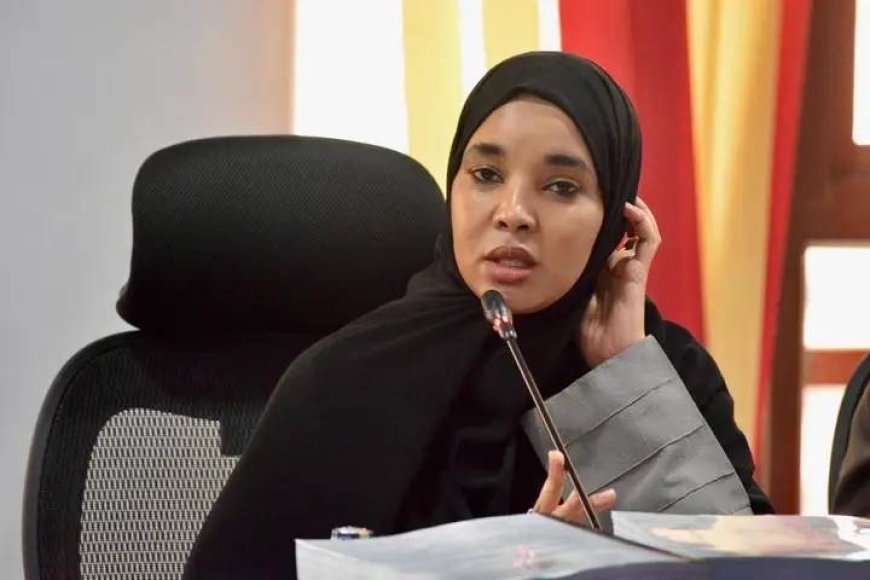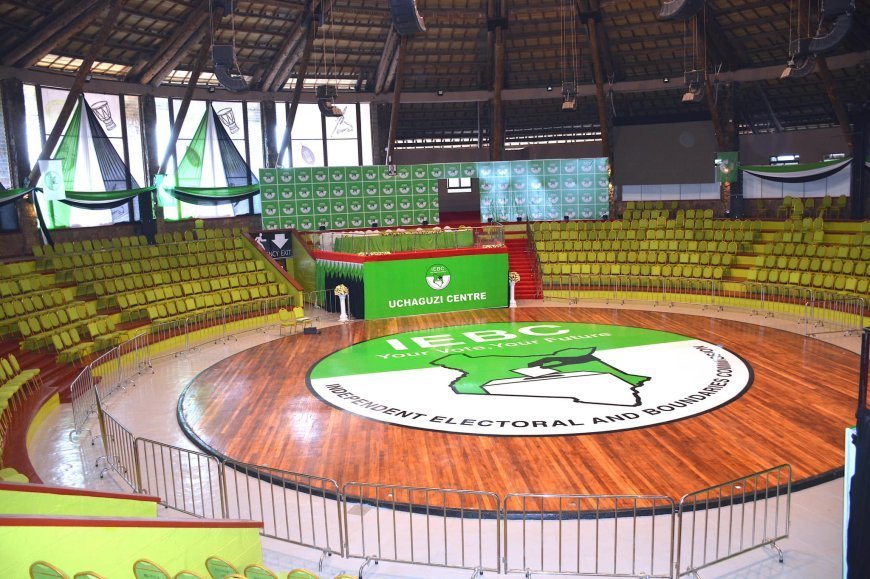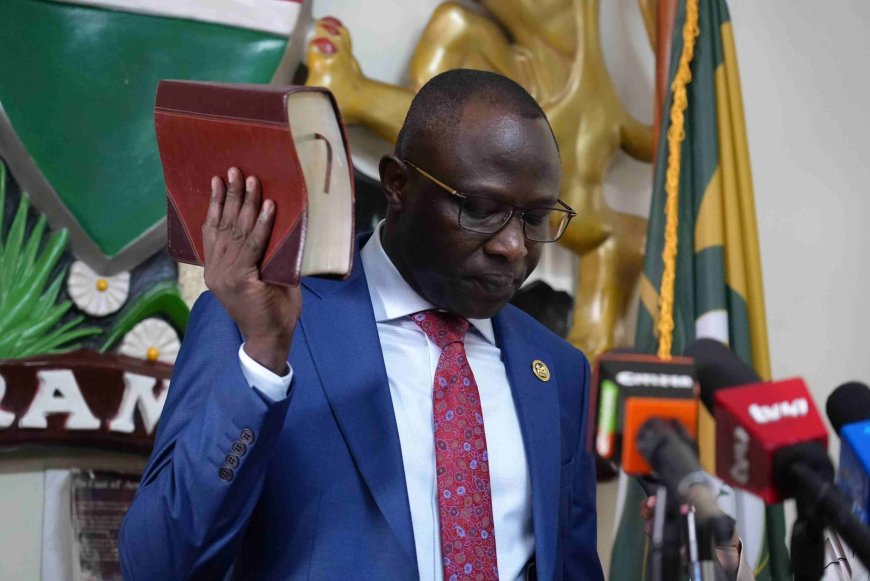IEBC Slams MP Fatuma Jehow Over 2027 Election Rigging Remarks
The IEBC’s statement followed controversial remarks made by Wajir Woman Representative Fatuma Abdi Jehow during her homecoming event on Saturday, July 12.

The Independent Electoral and Boundaries Commission (IEBC) has strongly rejected allegations of a scheme to rig the 2027 General Election, issuing a stern warning to political leaders.
In a statement released on the evening of Sunday, July 13, the commission criticised what it called “irresponsible and dangerous” remarks from certain politicians, warning that such rhetoric could undermine public confidence in the electoral system.
"The Commission is concerned about statements on election malpractices in the country. Such utterances are unacceptable and reckless in a democratic society such as ours, and IEBC urges all Kenyans to ignore or disassociate with them," stated the commission in part.
The IEBC’s statement followed controversial remarks made by Wajir Woman Representative Fatuma Abdi Jehow during her homecoming event on Saturday, July 12.

The IEBC national tallying centre at Bomas of Kenya. /BOMAS OF KENYA
While addressing her supporters, Jehow sparked backlash by suggesting that legislators from the North Eastern region were ready to interfere with the presidential election to guarantee President William Ruto a second term.
“Sisi wabunge wa North Eastern maneno ya President, tunasema ‘tutam’, hata kama hatutakuwa na votes tutamwibia… hio si siri,” she said in comments which loosely translate to: “We, MPs from North Eastern, support the President. Even if we don’t have the votes, we’ll steal them for him… that’s no secret.”
The comments quickly stirred outrage on social media, prompting Nairobi Senator Edwin Sifuna to urge the IEBC to take disciplinary action against Jehow.
In response, the commission clarified that it has not yet announced or gazetted the 2027 General Election, stressing that Kenya is not currently in an official campaign period.
"It should be noted that the IEBC has not declared any elections. Further, there is no gazettement or declaration that has been made to warrant such desirous political utterances and propaganda. The country is not in a campaign period at the moment," added the commission.
To reinforce its stance, the IEBC pointed to a 2023 Supreme Court ruling involving former Murang’a Woman Representative Sabina Chege, who had landed in hot water back in 2022 for claiming that the 2017 election was rigged in Jubilee Party’s favour.
At the time, the IEBC summoned Chege over the remarks, citing a violation of the Electoral Code of Conduct. She contested the summons in court, arguing that the commission had no authority to discipline her outside an official election period. The dispute eventually made its way to the Supreme Court.
The court ruled that although the IEBC does have the mandate to enforce the Electoral Code, this power only applies during a formal election period, specifically after an election has been declared and candidates have been officially nominated.
On Sunday, the commission echoed this legal interpretation but reaffirmed its commitment to ensuring transparent and credible elections.
"IEBC is now fully constituted and will engage with stakeholders, including the political parties and leaders, to discuss means and ways of restoring trust and confidence in our electoral processes and outcomes. The Commission urges all stakeholders, particularly those in the political arena, to refrain from acts, including speeches, likely to erode trust and confidence in our electoral processes, and instead work with us to reinforce and strengthen that trust and confidence," continued IEBC.
The newly-sworn-in commission has its work cut out, including overseeing by-elections for six parliamentary seats, one Senate seat, and 15 MCA positions. Another major challenge ahead is the boundary review process, which must be tackled with less than two years to the next general election.
The IEBC is also tasked with cleaning and auditing the voter register, conducting a nationwide voter registration drive, and upgrading election technology, including replacing the ageing KIEMS and BVRS kits that have been critical to Kenya’s electoral infrastructure.







